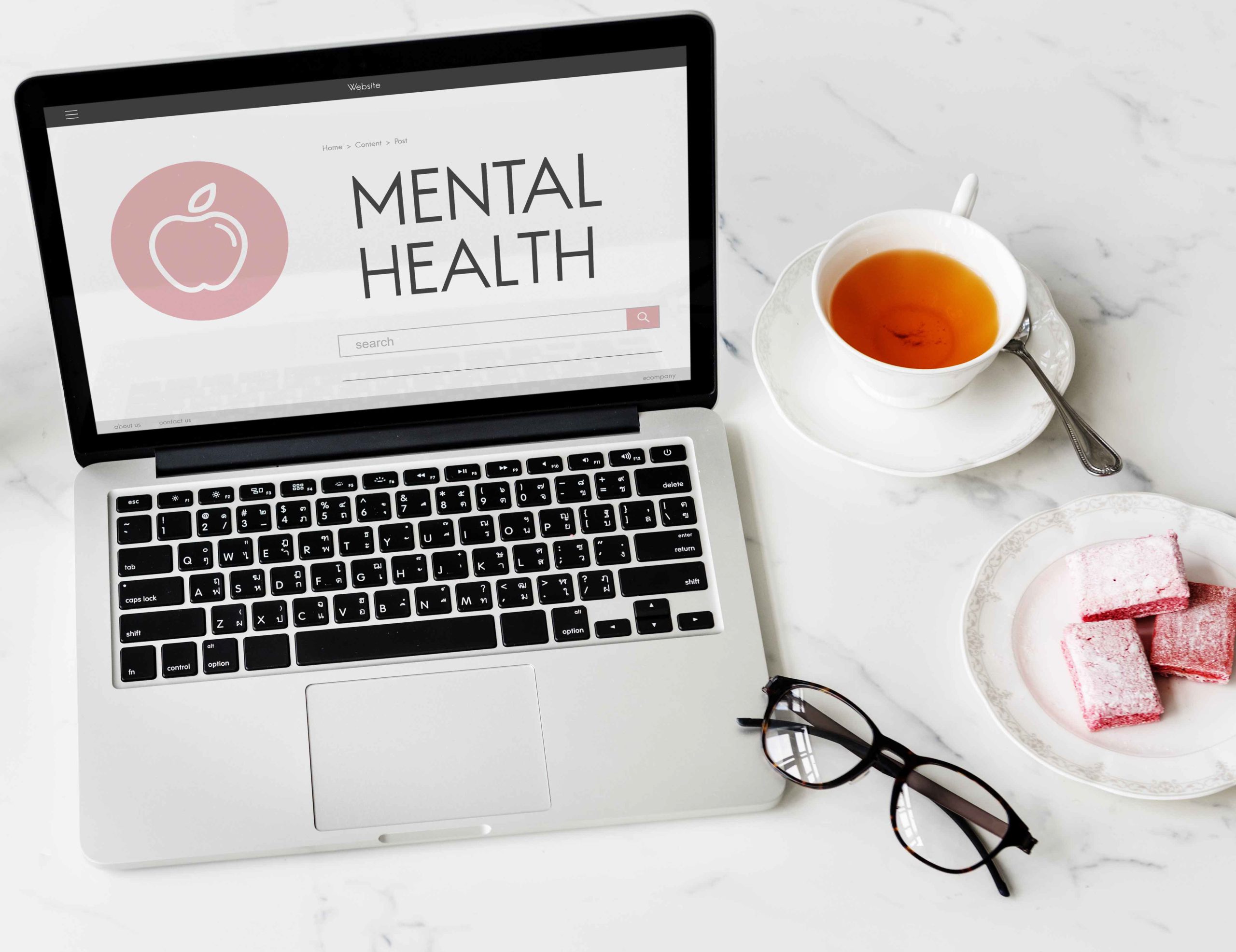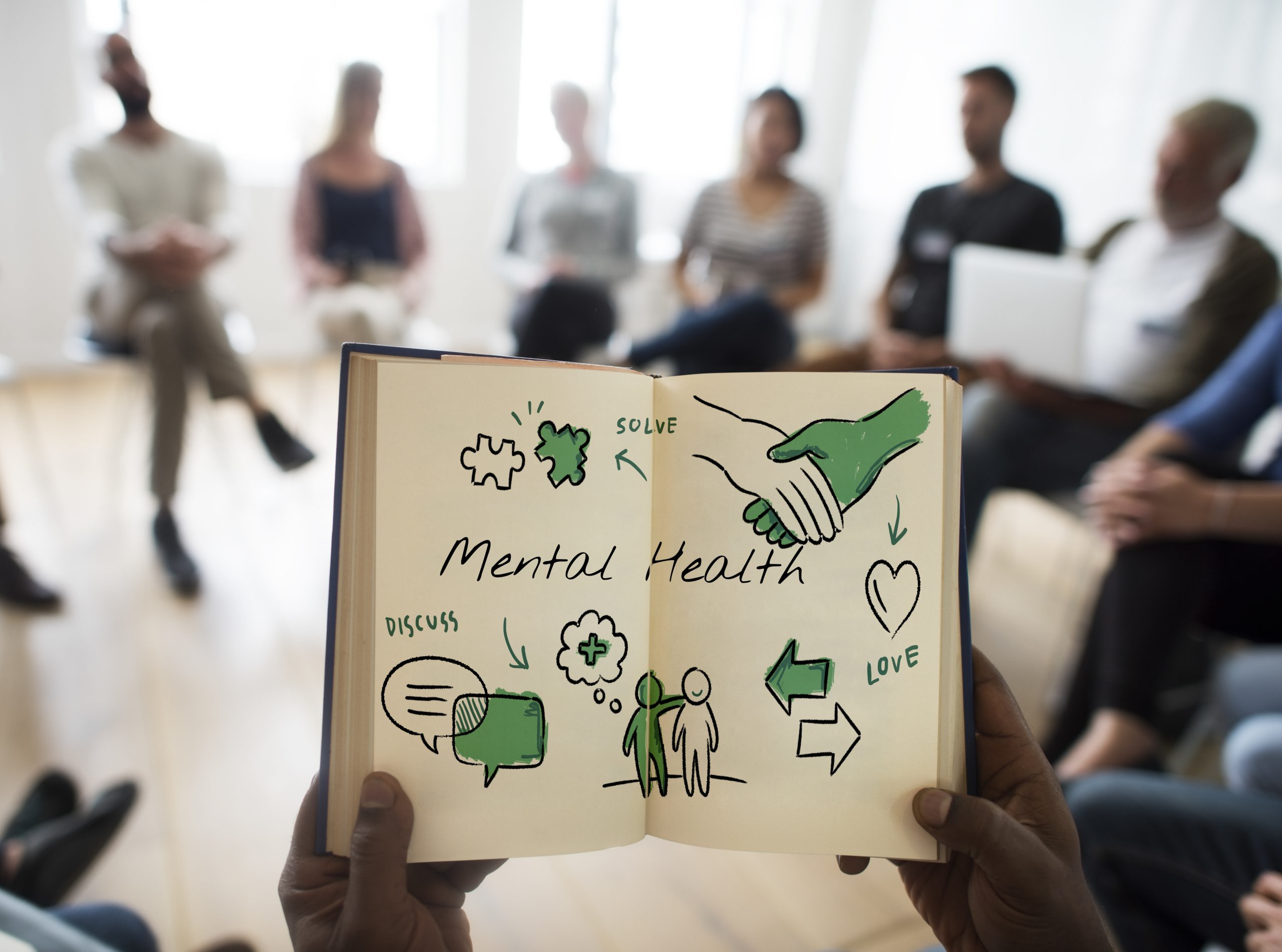Unleashing the Power of Cognitive wellbeing in Older Adults
As we age, maintaining cognitive health becomes increasingly important. The ability to think, reason, and remember impacts our daily lives, relationships, and overall well-being. In this article, we will explore the fascinating world of Cognitive wellbeing and its significance for older adults. By understanding the factors that influence cognitive function and adopting healthy habits, we can unleash the full potential of our minds and embrace a vibrant and fulfilling life.
The Complex Nature of Cognitive Wellbeing

Cognitive health refers to our brain’s ability to process information, learn, remember, and think critically. It encompasses various cognitive functions, including attention, memory, language, problem-solving, and decision-making. These functions work together harmoniously, allowing us to navigate the complexities of daily life.
As we age, it’s natural for cognitive abilities to undergo changes. However, it’s important to distinguish normal age-related changes from cognitive decline associated with neurodegenerative disorders such as Alzheimer’s disease. While some decline in cognitive function may occur with age, it should not hinder overall independence and quality of life.
Lifestyle Factors That Influence Cognitive Wellbeing
Research suggests that certain lifestyle factors play a significant role in maintaining and improving Cognitive well-being in older adults. Let’s explore some of these factors and how they can positively impact cognitive function.
Physical Exercise: Energizing the Mind

Regular physical exercise not only benefits our bodies but also boosts cognitive health. Engaging in aerobic activities, such as walking, swimming, or dancing, increases blood flow to the brain, stimulates the growth of new neurons, and enhances overall brain function. Exercise has been linked to improved memory, attention, and problem-solving skills, reducing the risk of cognitive decline.
Mental Stimulation: Challenging the Mind
Keeping the mind active and engaged is vital for cognitive health. Activities that require mental effort and challenge, such as puzzles, reading, learning a new skill, or playing a musical instrument, help maintain cognitive abilities and promote neuroplasticity—the brain’s ability to reorganize and form new connections. These activities keep the mind sharp, enhance memory, and improve cognitive flexibility.
Healthy Diet: Fueling Brain Power

Proper nutrition plays a crucial role in cognitive health. A diet rich in fruits, vegetables, whole grains, lean proteins, and healthy fats provides essential nutrients and antioxidants that support brain function. Omega-3 fatty acids, found in fatty fish like salmon, have been linked to improved cognitive performance. Additionally, a diet low in saturated fats and high in antioxidants from colorful fruits and vegetables can help protect against cognitive decline.
Quality Sleep: Nurturing the Mind
Adequate sleep is essential for cognitive health. During sleep, the brain consolidates memories, removes toxins, and rejuvenates. Poor sleep quality or insufficient sleep can impair Cognitive well-being, including attention, memory, and decision-making. Establishing a consistent sleep routine, creating a peaceful sleep environment, and practicing relaxation techniques can contribute to restorative sleep and enhance cognitive abilities.
The Power of Social Connections

Social interaction and meaningful relationships have a profound impact on Cognitive well-being. Engaging in social activities, staying connected with friends and family, and participating in community events promote cognitive stimulation, emotional well-being, and a sense of purpose. These connections provide opportunities for intellectual conversations, emotional support, and engagement in activities that challenge and inspire the mind.
Conclusion: Embracing Cognitive Vitality
Cognitive well-being is a vital aspect of overall well-being, particularly in older adults. By incorporating lifestyle factors that promote cognitive function, such as physical exercise, mental stimulation, a healthy diet, quality sleep, and social connections, we can embrace cognitive vitality and unlock the full potential of our minds. Let us embark on this journey of nurturing our cognitive health, and creating a fulfilling and vibrant life that honors the brilliance of our minds at every stage of the aging process.
Sources
Here are some reliable and scientific sources that provide information and evidence on Cognitive wellbeing in older adults:
- Harvard Medical School’s Health Blog – They often have articles about brain health and its effect on aging, written by professionals in the field. You can search their archives for relevant articles. Here’s a representative link from my last update: https://www.health.harvard.edu/blog/category/healthy-aging
- The Mayo Clinic – The Mayo Clinic provides resources on a variety of health topics, including cognitive health in older adults. Here’s their general page on healthy aging: https://www.mayoclinic.org/healthy-lifestyle/healthy-aging
- Alzheimer’s Association – As cognitive decline in older adults is often associated with diseases like Alzheimer’s, this association provides many resources on the topic. They have information on brain health and steps one can take to maintain or improve it: https://www.alz.org/alzheimers-dementia/what-is-alzheimer-s/brain_health
- PubMed – This is a great resource for finding scientific studies on any topic, including cognitive health in older adults. Here is their website: https://pubmed.ncbi.nlm.nih.gov
- American Psychological Association (APA) – APA has plenty of resources discussing mental health, cognitive functioning, and aging. Check their website for more information: https://www.apa.org/
- The National Institute on Aging – This is part of the U.S. government’s National Institutes of Health. They provide a variety of articles and resources on aging, including cognitive health. Here is their website: https://www.nia.nih.gov/
- Cognitive Vitality, part of the Alzheimer’s Drug Discovery Foundation – Their resources focus on maintaining brain health to prevent diseases like Alzheimer’s: https://www.alzdiscovery.org/cognitive-vitality
- “The aging brain: Neuroplasticity and lifelong learning” – This is an article that discusses neuroplasticity, or the brain’s ability to change and adapt, in older adults. You can find it here: https://www.annualreviews.org/doi/full/10.1146/annurev.psych.34.1.1





